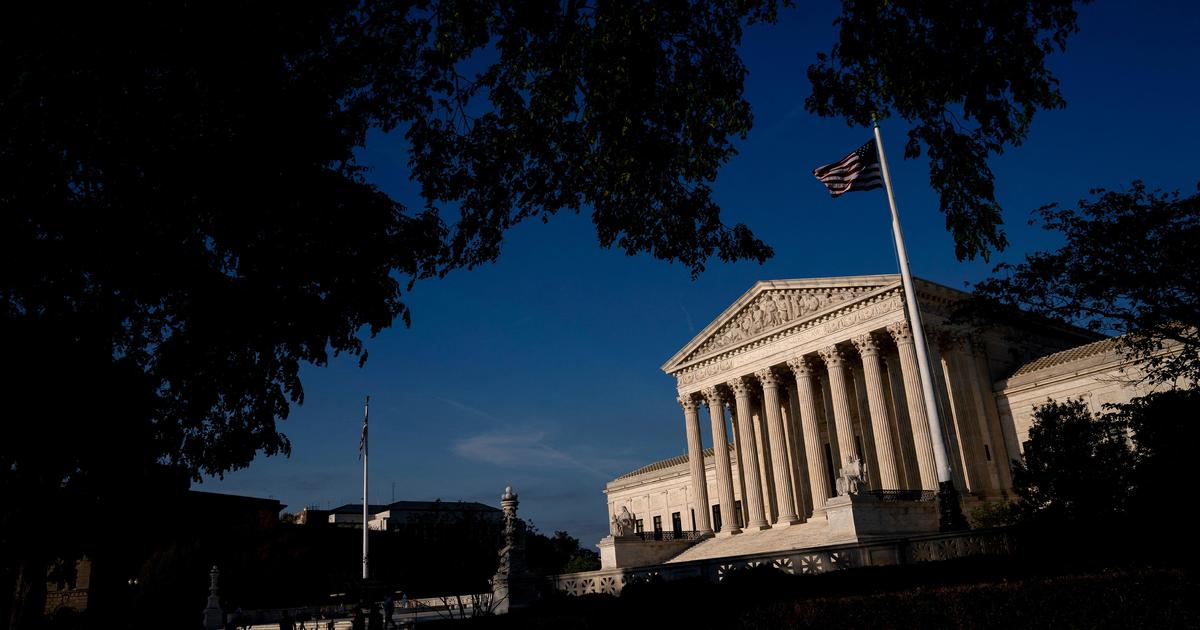
Supreme Court says Boston violated First Amendment by refusing to fly group's Christian flag
CBSN
Washington — The Supreme Court unanimously ruled Monday that the city of Boston violated the First Amendment when it rejected a request from a Christian civic organization to fly a flag bearing a cross on a flagpole outside of City Hall.
Justice Stephen Breyer delivered the opinion for the court, which sided 9-0 with activist Harold Shurtleff and Camp Constitution, a group whose mission is in part to "enhance understanding of our Judeo-Christian moral heritage," in the free speech dispute.
The case, known as Shurtleff v. City of Boston, arose in 2017 when Shurtleff, director and founder of Camp Constitution, asked to fly what was characterized as the "Christian flag" outside of Boston City Hall. Since at least 2005, the city has allowed groups to hold flag-raising ceremonies on City Hall Plaza, during which participants can hoist a flag of their choosing on one of the three flagpoles that stand outside the entrance to City Hall.
